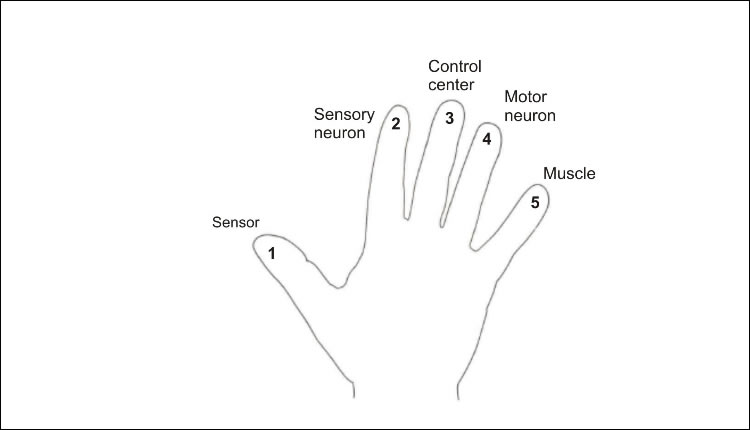Warmup: Continue with Low-Middle-High. Also use it to learn lip slurs.
Low Brass Ensemble: Start with TRIOS. Have everyone play the A part, the B part, then the C part. Divide the parts in a variety of combinations so everyone plays each part, all learning the different musical roles of melody, harmony, and bass line. Demonstrate how to adjust balance as the melody rotates through the ranges of the ensemble. Move to simple quartets as the students progress.
Issues: Reflexes are faster than thinking. The coordination skills required for each instrument must be learned correctly then repeated until they become reflex. Get it right then do it right over and over again. We are creatures of habit – whatever we do the most we will do automatically, so we must use this to our advantage or it will work against us. The body only understands ACTION to build reflexes, so Rhythm is the key. Students will bend the Rhythm to get around undeveloped coordination. All technical skills must bend to the rhythm to develop coordination. Reflexes = Coordination = Timing = Rhythm, so everything must meet at the Rhythm.
Lip Slurs are more easily learned by using the throat to move the vocal breath higher and lower, much like singing. Students tend to force the slurs, especially up, with volume rather than air speed from the throat. Once learned, smoother slurs come from enforcing rhythm upon them. Sloppy slurs lack rhythmic coordination. Lips slurs are flexibility from learning to moving the tone in rhythm.
Tone Production will improve by having students open their throat more for a fuller sound. This requires sliding the lower teeth below the bottom lip to allow a more open throat. Always keep the chest up for proper breathing. This is the key to correct posture. It’s much easier to play when full of air, so breath as often as needed to learn to stay full.
Rhythm Positions/Fingerings should remain in continued use to build reflexes.
Low Brass Ensemble is a useful motivator for students at this age. They are shifting from always playing the melody in the beginner book to sheet music that is often mostly whole notes. Most feel neglected musically, and without supplemental challenges, will be ill prepared for the demands of High School music. Feeling overlooked and unimportant within the band leads many (often brighter students) to quit, so scrutinize the low brass and demand high performance skills from them to build their confidence and sense of worth. Consider programming more low brass features or have the low brass ensemble play at concerts.
MUSIC: Yamaha Band Ensembles book 2 – Alfred 5262 Trombone/Baritone + 5263 Tuba, Pop Trios For All – Belwin ELM 00090, Trios For All – Belwin PROBK 01397,
Pop Quartets For All – Belwin ELM 00102
Click Here to Download the zip file of Sheet Music Exercises associated with this article.

